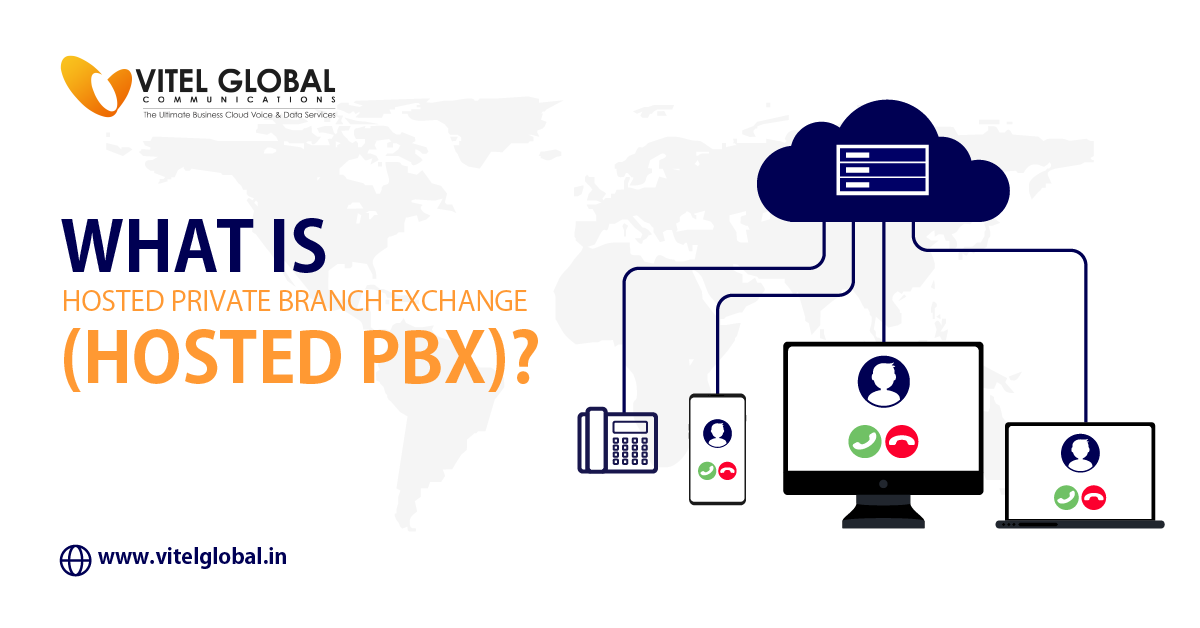Table of Contents
In the contemporary business landscape, the role of cloud calling is pivotal. In facilitating the ideal transition of users from the traditional office setting to a more versatile and dynamic “From Office to anywhere” paradigm. Cloud calling acts as the linchpin in this transformation, providing users with the tools to break free from the confines of a physical office space.
The essence of this shift lies in the freedom it affords to users. No longer tethered to a desk or a specific location, employees can leverage virtual telephone solutions to communicate and collaborate from virtually anywhere. Whether it’s a coffee shop, a home office, or a remote location, It ensures that connectivity remains constant, transcending the traditional boundaries that once defined work environments.
Beyond Connectivity: The Complete Role of Cloud Calling
Furthermore, the role of the virtual telephone extends beyond mere connectivity. It empowers users with the flexibility to integrate communication seamlessly into their daily lives. With the ability to make and receive calls, participate in video conferences, and share information on the go, virtual calling aligns with the modern user’s need for mobility and adaptability.
The expandability of Internet calling is also instrumental in accommodating the evolving needs of users. As businesses expand or shift their operations, these business virtual telephone platforms enable a smooth and agile scaling of communication infrastructure. This scalability ensures that users can effortlessly adapt to changes in team size, organizational structure, or geographic distribution.
In essence, the role of cloud calling is to be the catalyst for a transformative journey, enabling users to embrace a workstyle that transcends the traditional office setup. By fostering flexibility, expandability, and seamless connectivity, cloud calling becomes the conduit through which users transition from the constraints of a fixed workplace to the limitless possibilities of working “From Office to anywhere.”
The Growth of Cloud Calling: Geographical Flexibility
VoIP (Voice over Internet Protocol), commonly referred to as cloud calling, has revolutionized business practices for companies looking to meet the needs of the contemporary workforce. Cloud calling, in contrast to traditional phone systems, uses the Internet’s capacity to facilitate communication from almost any location with an Internet connection. This change is giving individuals the flexibility to work from anywhere and freeing organizations from the constraints of physical locations. Let’s analyze a few of the points listed below.
Unleashing Location Independence
Cloud calling empowers employees to stay connected regardless of their physical location. Whether they are working from home, on a business trip, or at a coffee shop, team members can make and receive calls seamlessly using cloud-based phone systems. This level of flexibility not only enhances productivity but also contributes to a better work-life balance for employees.
Cost-Efficiency and Scalability
Traditional phone systems often come with hefty installation and maintenance costs. Virtual calling, on the other hand, operates on a subscription-based model, eliminating the need for expensive infrastructure. Businesses can scale their communication systems up or down based on their needs, ensuring they only pay for the services they use. This cost-effectiveness is particularly beneficial for small and medium-sized enterprises looking to optimize their resources.
Collaboration Tools Integration
It doesn’t stop at just voice communication. Many virtual telephone solutions seamlessly integrate with collaboration tools, such as video conferencing, instant messaging, and file sharing. This integration enhances teamwork and allows for a more holistic approach to communication, fostering a collaborative and connected work environment.
Enhanced Accessibility and Mobility
The traditional office phone ties employees to their desks, limiting their mobility. This liberates communication from physical hardware, enabling employees to access their business phone lines through mobile apps. This means that important calls are never missed, even when employees are on the go, ensuring constant connectivity and responsiveness.
Business Continuity and Recovery
It provides a robust solution for business continuity. In the event of a natural disaster or unforeseen circumstances that render the physical office inaccessible, employees can continue to communicate seamlessly through cloud-based systems. This ensures that critical business operations can persist, mitigating potential downtime and loss.
Cutbacks on Capital Investments
Cloud telephony significantly reduces capital expenditures for businesses. Traditionally, setting up a robust telephony system required substantial investments in hardware, infrastructure, and maintenance. However, with cloud telephony, companies can leverage a pay-as-you-go model, eliminating the need for significant upfront costs. The infrastructure is hosted and maintained by the service provider, sparing businesses from the expenses associated with purchasing, installing, and managing physical equipment. This cost-effective approach allows organizations to redirect financial resources. These allow towards strategic initiatives, innovation, and core business activities, enhancing overall financial efficiency and agility.
Faster Cycles of Updates
Cloud telephony enables faster upgrade cycles for businesses. Unlike traditional on-premise systems that often involve time-consuming hardware upgrades and software installations, cloud telephony providers can seamlessly implement updates and enhancements remotely. This agility ensures that businesses have access to the latest features, security patches, and technological advancements. Without the delays and disruptions associated with traditional upgrade processes. This accelerated upgrade cycle not only improves the overall efficiency and performance of the telephony system but also allows organizations to stay ahead in a rapidly evolving technological landscape.
Quicker Access to Upcoming Features
Cloud telephony offers faster access to new features, allowing businesses to stay at the forefront of technological advancements. Unlike traditional telephony systems that require time-consuming manual updates. Cloud-based solutions enable providers to roll out new features and functionalities seamlessly. This means that organizations can quickly take advantage of the latest innovations, and communication tools. And performance improvements without the need for extensive implementation processes. This agility not only enhances the overall user experience but also empowers businesses to adapt rapidly to changing communication needs and industry trends.
Integration with Major Cloud Applications
Cloud telephony systems often offer seamless integration with major cloud applications. This interoperability allows businesses to enhance their communication workflows by connecting telephony services with popular cloud-based tools and platforms. Such as customer relationship management (CRM) systems, email services, collaboration tools, and more. Integration with these applications facilitates a unified and streamlined experience for users. Enabling them to access relevant information, make data-driven decisions, and improve overall productivity. This interconnected ecosystem promotes efficiency by reducing the need for manual data entry and ensuring that communication. That is seamlessly woven into existing business processes.
No Boundaries, No Limits: Enjoy Unlimited VoIP Calling to the USA
Conclusion
The shift from traditional office-based communication systems to the flexibility of cloud calling is reshaping the way businesses operate. Embracing this technology not only opens up new possibilities for remote work but also brings cost savings, scalability, and enhanced collaboration to the forefront. As businesses navigate the evolving landscape of work, it stands out as a powerful enabler of flexibility, ensuring that communication is not bound by the walls of an office but can thrive from anywhere in the world.







